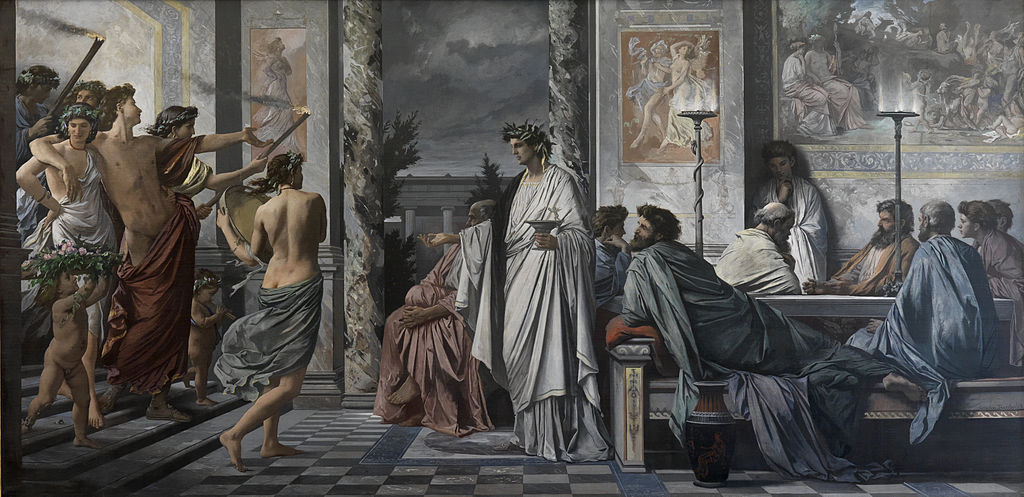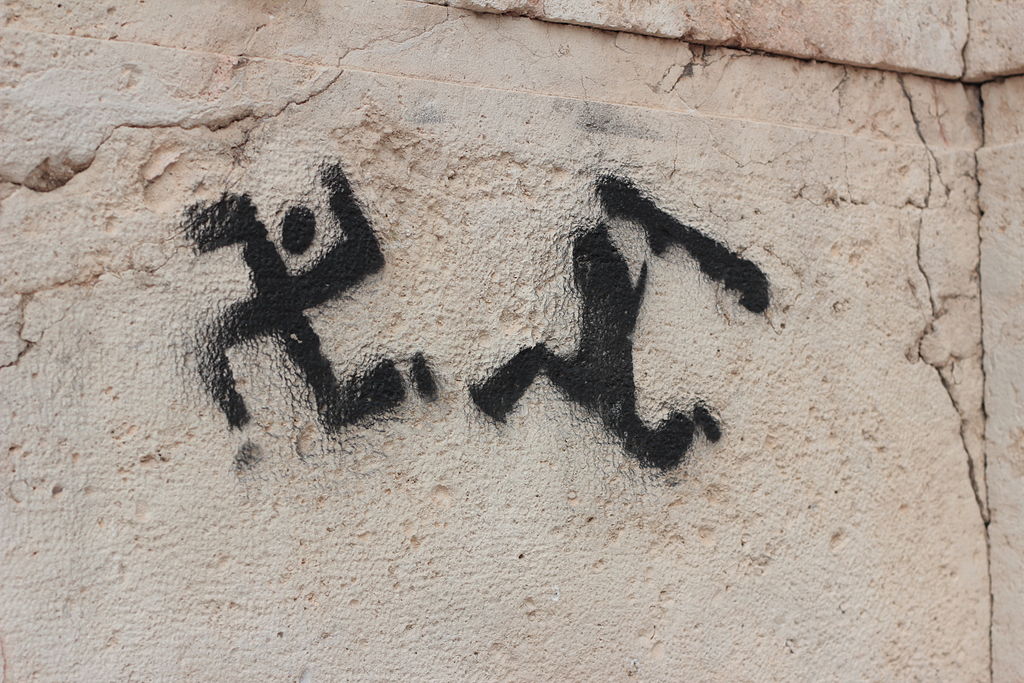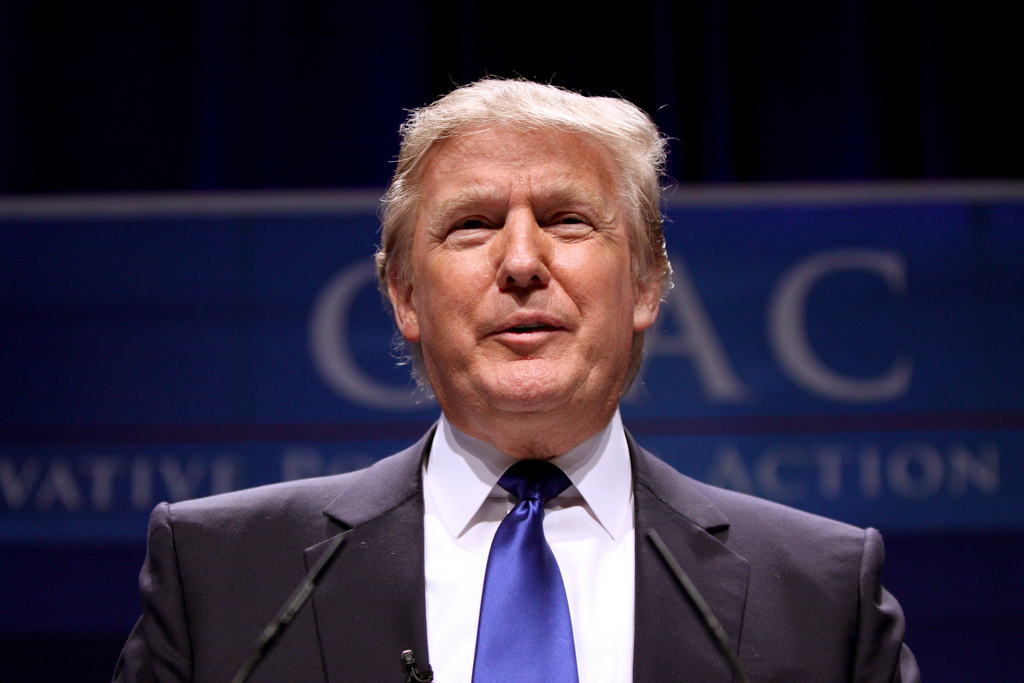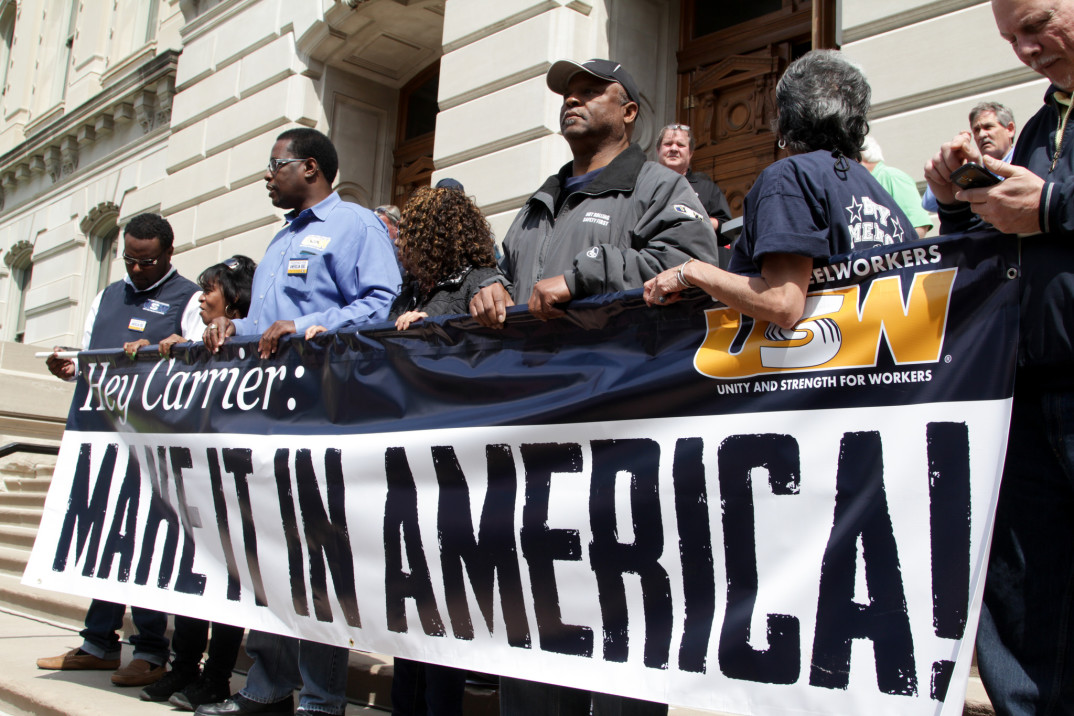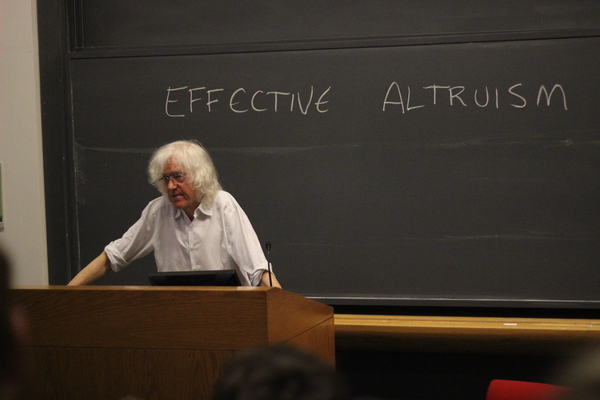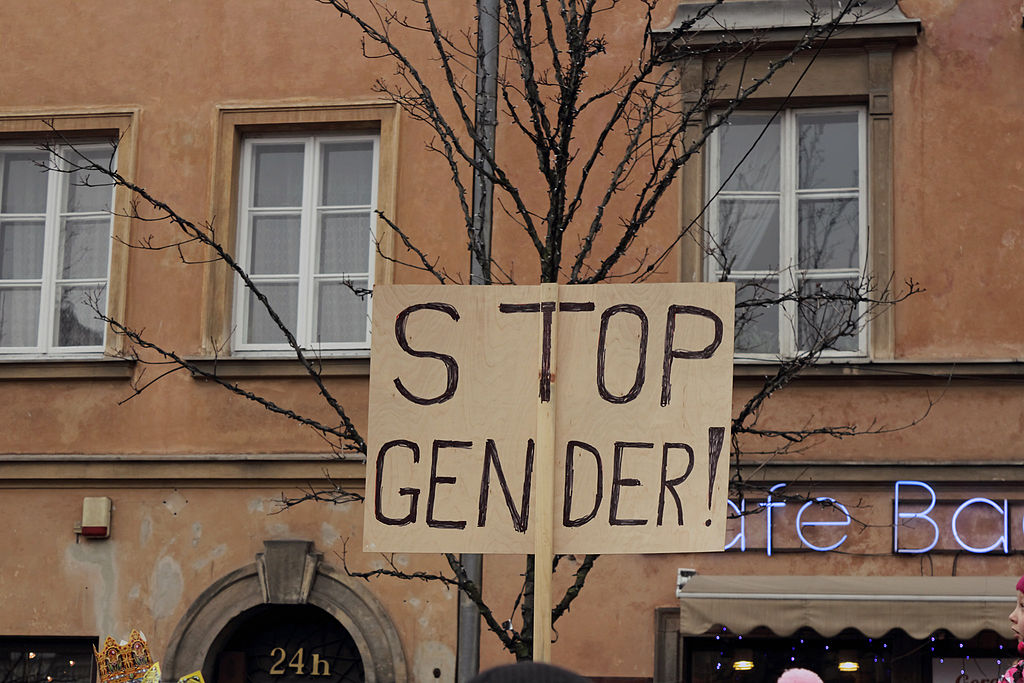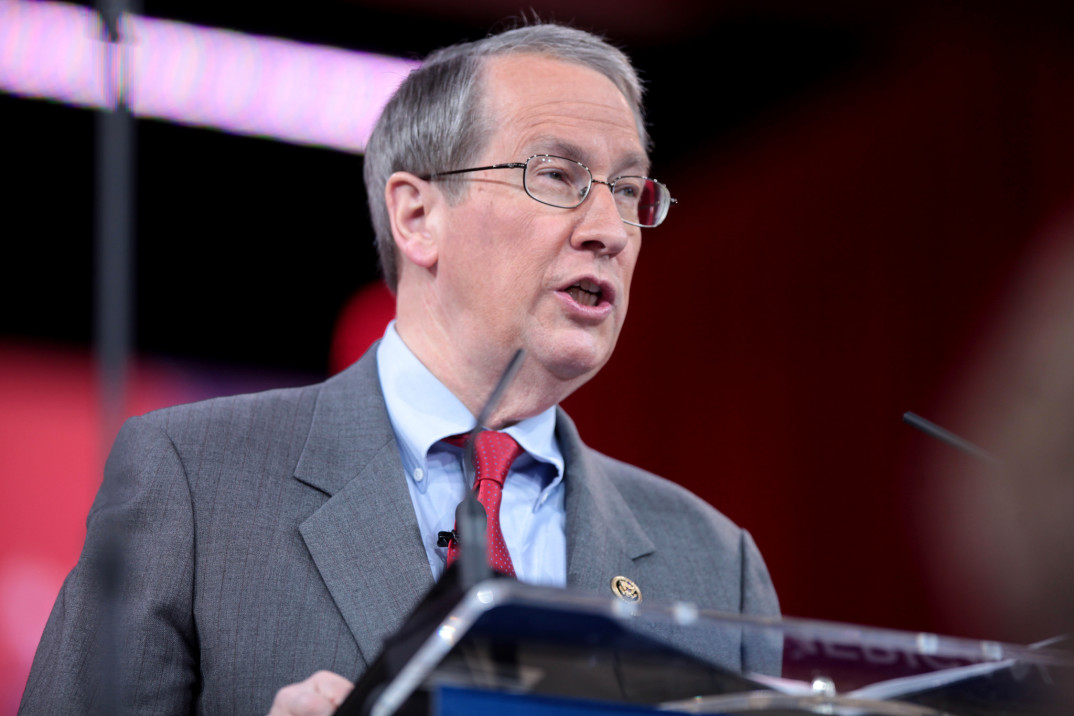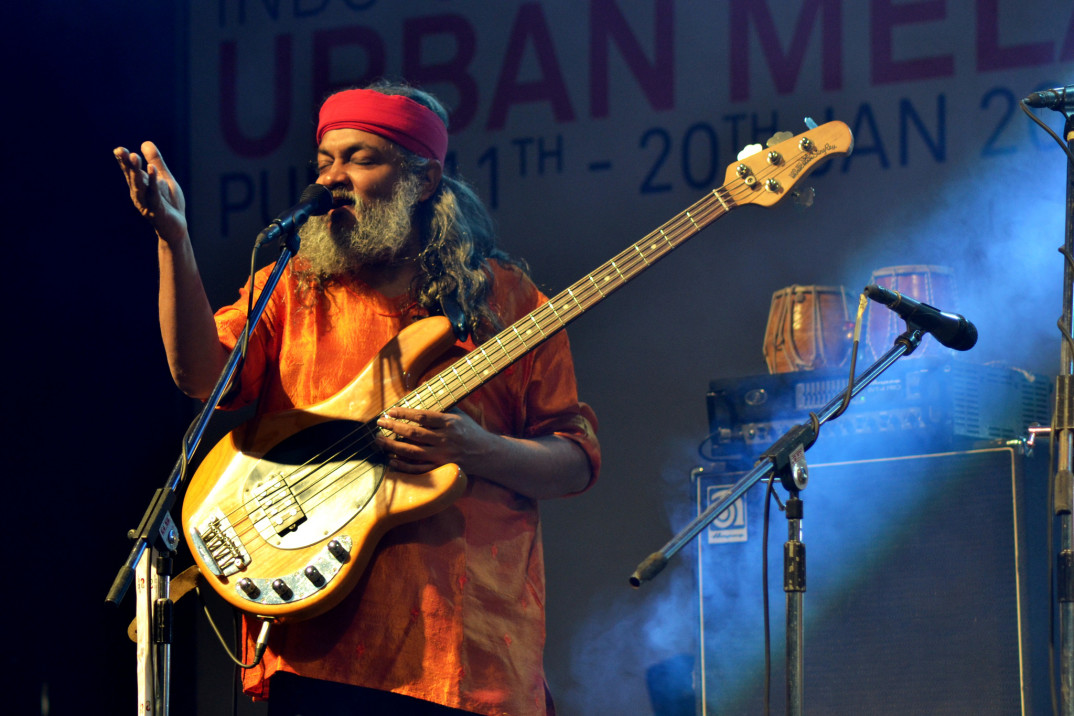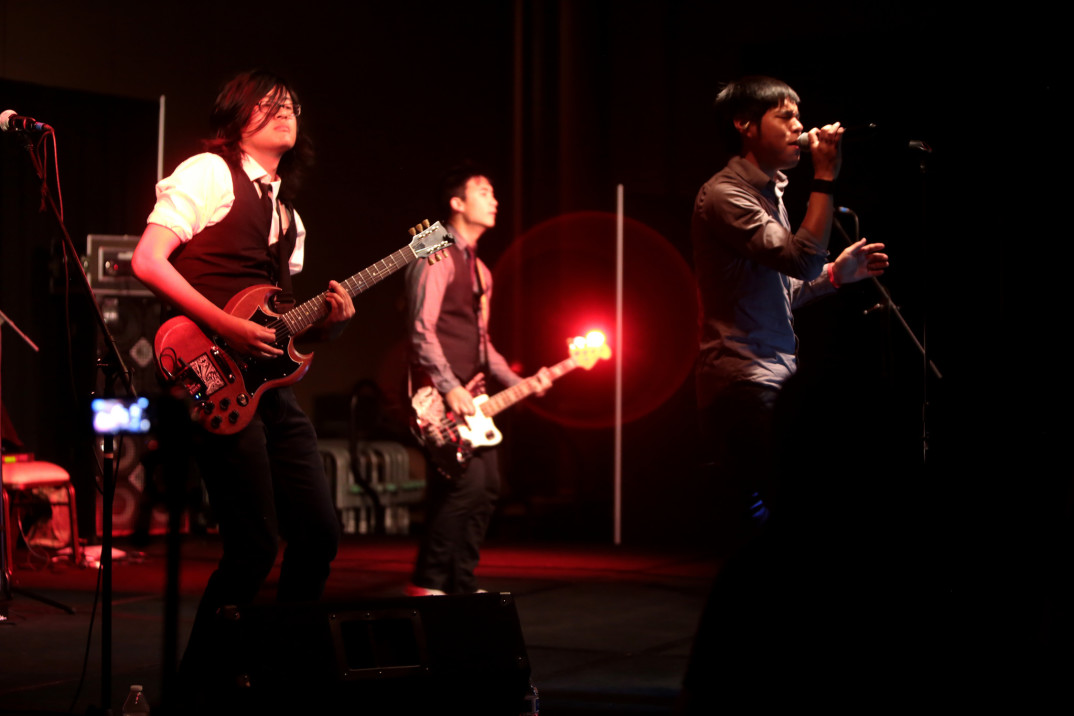This article has a set of discussion questions tailored for classroom use. Click here to download them. To see a full list of articles with discussion questions and other resources, visit our “Educational Resources” page.
Despite increasing secularism around the globe, belief in ghosts and other paranormal phenomenon remains prominent in many cultures. 42% of Americans believe in ghosts, and 52% in the United Kingdom. Many more believe in ghosts in other parts of the world, particularly in Asia, where ancient cultures still thrive – superstitions and all. Regardless of whether or not ghosts are real, belief in the paranormal has important societal functions. Belief in the paranormal helps humans assign order to an increasingly chaotic world, create social bonds, and even boost physical and mental function (another reason to keep knocking on wood.) Although belief in the paranormal can seem like a harmless pastime, is there a downside to having superstitions?
Shortly after WWII, Winston Churchill had a paranormal experience in the White House. Stepping out of the bathtub, he was reportedly confronted by the ghost of Abraham Lincoln. Singular paranormal experiences such as Churchill’s can be explained by stress, fatigue, and dim lighting. Could this paranormal experience have been triggered by the stress of leading the West during WWII? People who experience paranormal phenomenon on a daily basis are less easy to explain, and are now said to be “shielding” themselves from feeling out of control. In times of chaos, the human brain searches for patterns of meaning, and humanity’s anthropomorphist nature wants to assign control to seemingly random or unexplainable events. It is easier for the mind to imagine a tragedy being caused by malignant spirits than by complete randomness. Arguably, using belief in the paranormal as a shield functions similarly to playing immersive video games or watching television dramas every week.
In folklore there is a method of storytelling called ostension, or legend-tripping. In this style of folklore, storytellers act out the legend they reiterate. Ghost hunting is arguably a type of legend-tripping. Similar to folklorists re-telling a legend, participants take the task of unveiling the truth about ghosts quite seriously. This immersive legend-tripping experience can become a distraction from everyday life, which has both positive and negative consequences. One example is that belief in the paranormal offers a reason for traumatic events like disease, death, and natural disaster. Holding such a belief helps one feel more in control of the world around them. However, holding such a belief could make it harder for someone to face the unpredictable world around them.
However, if ghosts are eventually proven to be completely fake, an entire structure of meaning will break down. Justin McDaniel, a professor of religious studies at the University of Pennsylvania explains just how important this structure of meaning is for many cultures: “People in Asia have kept their belief in ghosts despite the rise of science, skepticism, secularism, and public education… Even hyper-modern and liberal Scandinavia has a high percentage of people believing in ghosts.” Even with the advancements in science to explain phenomenon that was previously considered to be paranormal, including out-of-body experiences and sleep paralysis, paranormal explanations persist. Sleep paralysis is still interpreted as a ghost experience in Hong Kong, Thailand, and Newfoundland, Canada. The belief in the paranormal functions as an important structure of meaning that unites people around the world, whether it is through watching a favorite television show in the United Kingdom or sacrificing and eating a hog at a family ceremony in Asia.
Despite these important social functions, the downside of belief in the paranormal is the growing inability to mentally process an uncontrollable world. Pursuing the paranormal through television shows, weekends out ghost hunting, or holding superstitions about disease and disaster is a form of escapism that can have negative consequences in the long run. For example, a family with a child suffering from epilepsy may choose to perform an exorcism versus getting medical treatment, which may have negative consequences for the child. Also, an individual who believes natural disasters are caused by a deity may blame themselves for natural disasters, thinking that the deity is angry with them. Both of these are examples of how belief in the paranormal, particularly in its potential forces on the world around, can be more harmful than believing the world is ruled by happenstance.
Christopher French, a professor of psychology at the University of London, comments on the reasons people choose to believe in the paranormal: “There is also the emotional motivation for these beliefs. The vast majority of us don’t like the idea of our own mortality. Even though we find the idea of ghosts and spirits scary, in a wider context, they provide evidence for the survival of the soul.” Belief in the paranormal can be a way to escape one’s own mortality, which contributes to a Western perspective on death, one of fear and avoidance. Furthermore, holding superstitious beliefs and pursuing answers about the paranormal takes away time that a person could spend on important tasks in the present as opposed to the afterlife. Ghost hunting takes away time one could spend volunteering at a local non-profit or participating in political activism. However, one could also argue that ghost hunting is as harmless a hobby as browsing social media or scrapbooking. If ghost hunting is considered a form of escapism that is detrimental to one’s connection with reality, other hobbies arguably could have the same effect.
Although many psychologists explain paranormal encounters as minor hallucinations or dim lighting, belief in ghosts does not seem like it will dissipate in the near future. At the University of Virginia’s School of Medicine, the Division of Perceptual Studies investigates phenomena that current scientific methods cannot explain. Dr. Jim Tucker at DOPS focuses on finding evidence that human personalities persist after death by examining children who report memories that are not their own. One young patient started having horrific nightmares at the age of 2 about plane crashes, and started reporting memories consistent with a WWII fighter jet pilot. Some would explain this phenomenon in the child as minor brain damage, a plea for parental affection, or shielding from growing up. Others would hail this example as modern day reincarnation. Although opinions are still divided on the existence of ghosts and other paranormal phenomenon, it is clear that belief in ghosts has important cultural functions that should be taken seriously.



